LATEST ADDITIONS
|
May 28, 2025 |
First Published: Nov 01, 2024
|
May 28, 2025 |
First Published: Nov 01, 2024
|
May 28, 2025 |
First Published: Nov 01, 2024
|
May 27, 2025 |
First Published: Nov 01, 2024
|
May 27, 2025 |
First Published: Nov 01, 2024
|
May 27, 2025 |
First Published: Nov 01, 2024
|
May 24, 2025 |
First Published: Nov 01, 2024
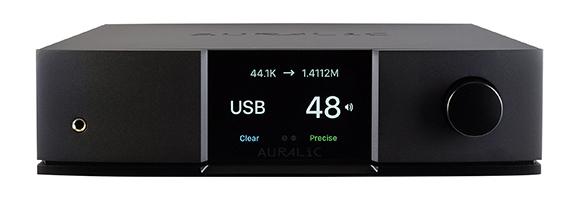
 The latest iteration of Auralic’s streamer/DAC boasts a new generation of the Tesla platform at its core, and an updated version of its ‘Lightning’ operating system
The latest iteration of Auralic’s streamer/DAC boasts a new generation of the Tesla platform at its core, and an updated version of its ‘Lightning’ operating system
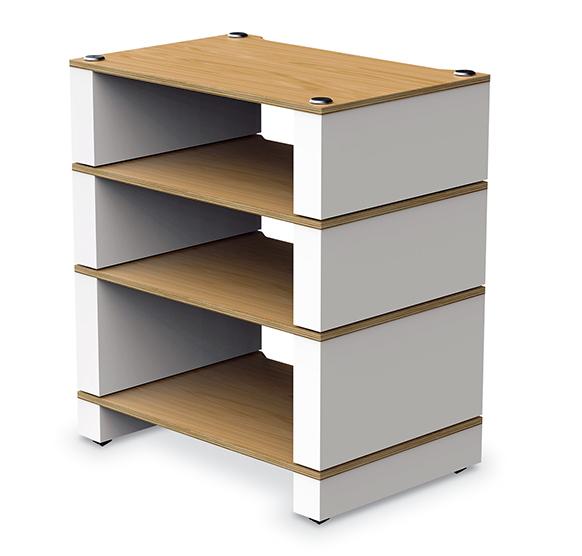
 Produced under the watchful eye of Monitor Audio, Blok’s modular ‘hi-fi furniture’ combines acoustic engineering with contemporary design.
Produced under the watchful eye of Monitor Audio, Blok’s modular ‘hi-fi furniture’ combines acoustic engineering with contemporary design.
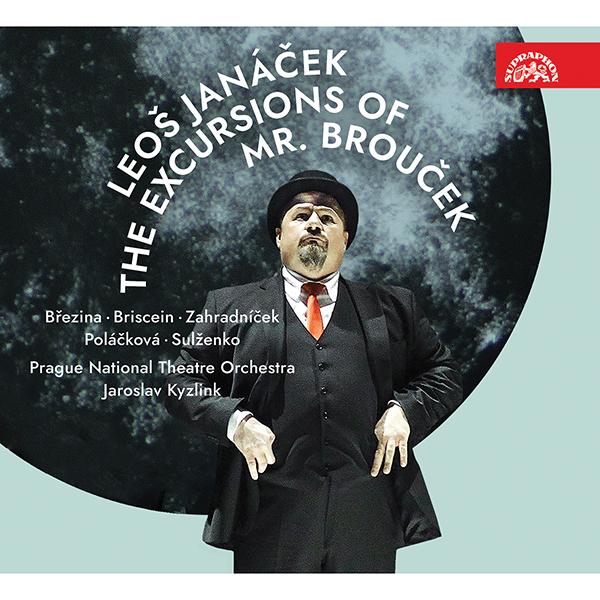
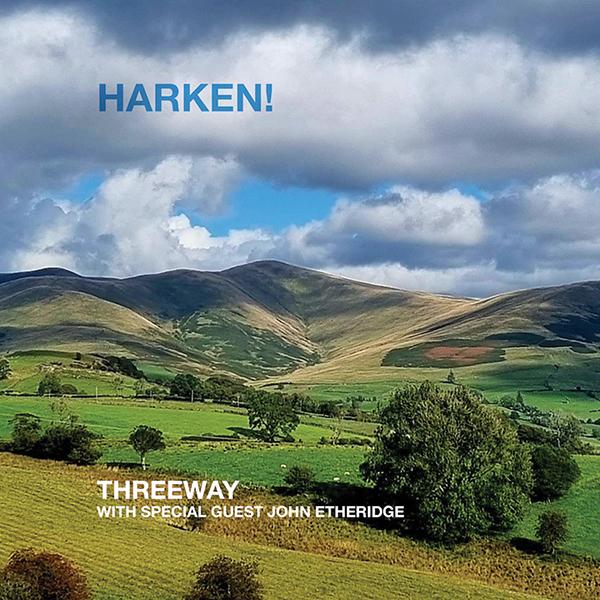
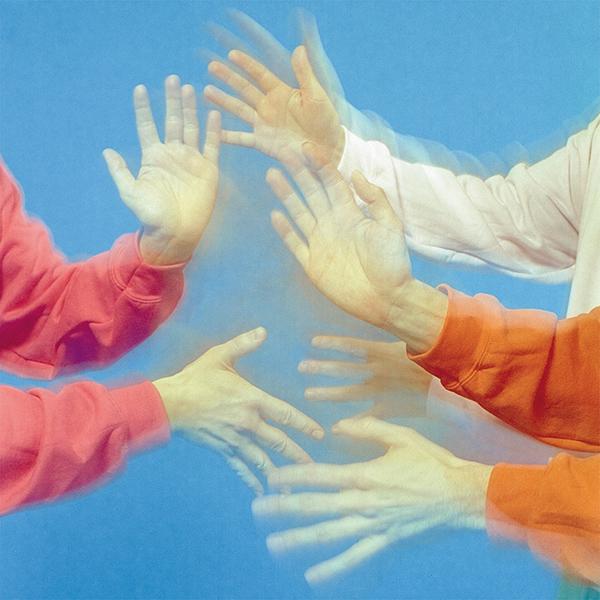

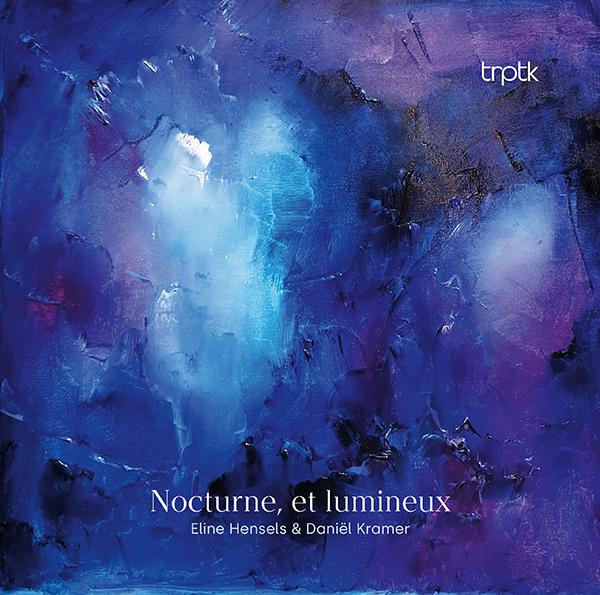
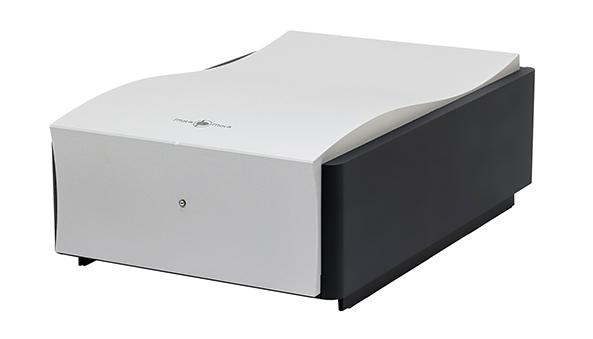
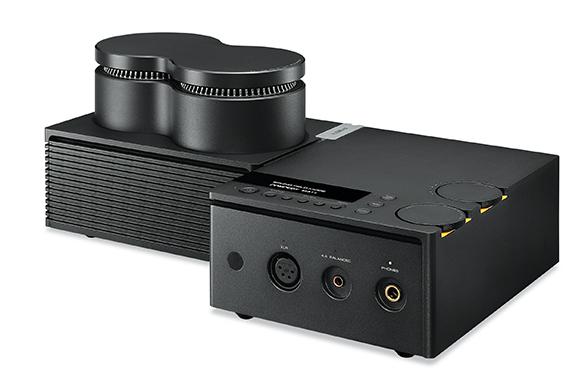
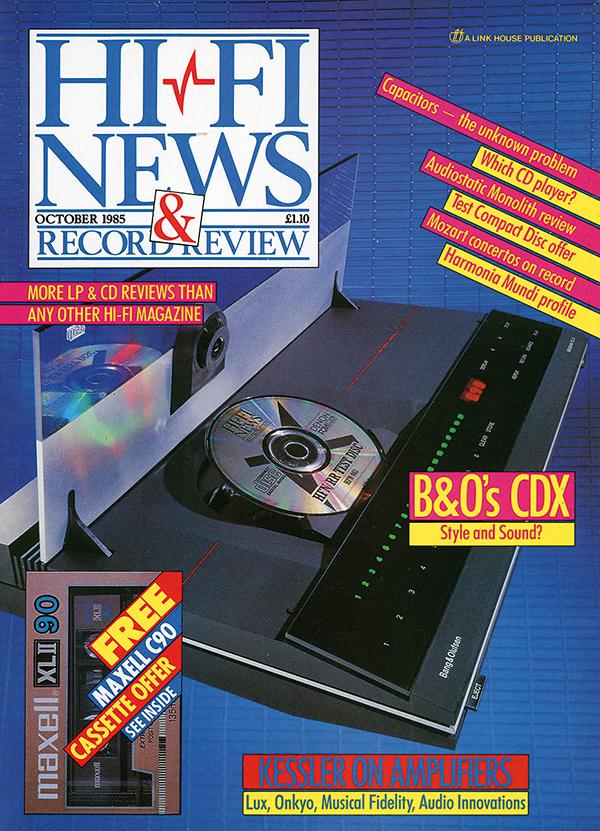
 John Atkinson clears space for a towering full-range electrostatic speaker from the Netherlands as Audiostatic’s Monolith II lands on UK shores
John Atkinson clears space for a towering full-range electrostatic speaker from the Netherlands as Audiostatic’s Monolith II lands on UK shores



